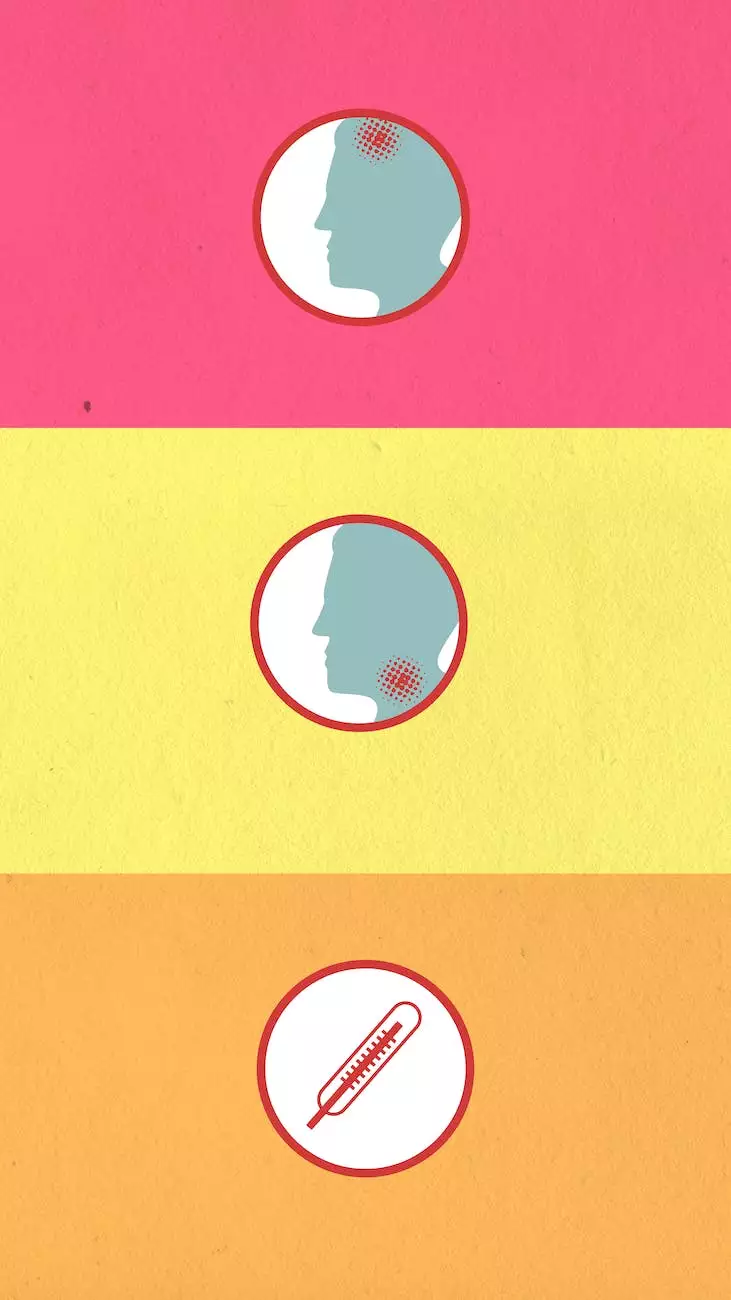Understanding Upper Respiratory Infections
Emergency Response
Introduction
Welcome to the comprehensive guide on upper respiratory infections provided by Richard Martinez, MD. As a leading healthcare professional in the field of respiratory health, I aim to provide you with detailed information about upper respiratory infections, including their symptoms, causes, treatments, and prevention strategies.
What are Upper Respiratory Infections?
Upper respiratory infections, also known as URIs or the common cold, are viral infections that primarily affect the nose, throat, and sinuses. These infections are highly contagious and can spread through airborne droplets produced when an infected person coughs or sneezes.
Symptoms of Upper Respiratory Infections
Common symptoms of upper respiratory infections include:
- Nasal congestion and discharge
- Sore throat
- Cough
- Sneezing
- Mild headache
- Low-grade fever
Causes of Upper Respiratory Infections
Upper respiratory infections are primarily caused by viral pathogens, with rhinoviruses being the most common culprits. Other viruses, such as coronaviruses and influenza viruses, can also lead to similar infections. These viruses enter the body through the nose or mouth and infect the respiratory tract.
Treatment Options
While there is no cure for upper respiratory infections, various treatment options can help alleviate symptoms and promote faster recovery. These include:
1. Rest and Hydration
Getting plenty of rest and staying hydrated can help support your immune system's fight against the infection. Adequate rest allows your body to dedicate resources to healing, while proper hydration helps thin any mucus and ease congestion.
2. Over-the-Counter Medications
Over-the-counter medications, such as pain relievers and decongestants, can help manage symptoms temporarily. However, it's important to follow the recommended dosage and consult a healthcare professional if you have any underlying medical conditions or are taking other medications.
3. Saltwater Gargles and Nasal Irrigation
Gargling with warm saltwater can soothe a sore throat, while nasal irrigation using a saline solution can help clear nasal passages and relieve congestion.
4. Home Remedies
Various home remedies, such as drinking warm fluids, using steam inhalation, and utilizing natural ingredients like honey and ginger, can provide symptom relief and boost your immune system's response.
Prevention Strategies
To reduce the risk of upper respiratory infections, consider implementing the following preventive measures:
1. Hand Hygiene
Regularly washing your hands with soap and water for at least 20 seconds can help prevent the transmission of viruses and bacteria.
2. Avoiding Close Contact
Avoid close contact with individuals who have respiratory infections, especially if they are coughing or sneezing.
3. Boosting Your Immune System
Eating a balanced diet, engaging in regular exercise, getting enough sleep, and managing stress can all contribute to a stronger immune system, reducing the risk of infections.
4. Vaccination
Keeping up with recommended vaccinations, such as the annual influenza vaccine, can help protect against specific viruses and reduce the severity of an infection if you do get sick.
Conclusion
In conclusion, upper respiratory infections are common viral infections that affect the nose, throat, and sinuses. Understanding the symptoms, causes, treatment options, and prevention strategies can assist in managing and preventing these infections. Remember to consult a healthcare professional, such as Richard Martinez, MD, for personalized advice regarding your specific condition.




